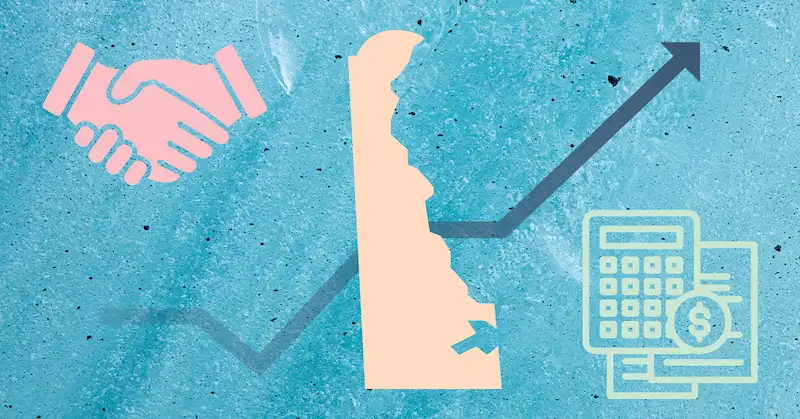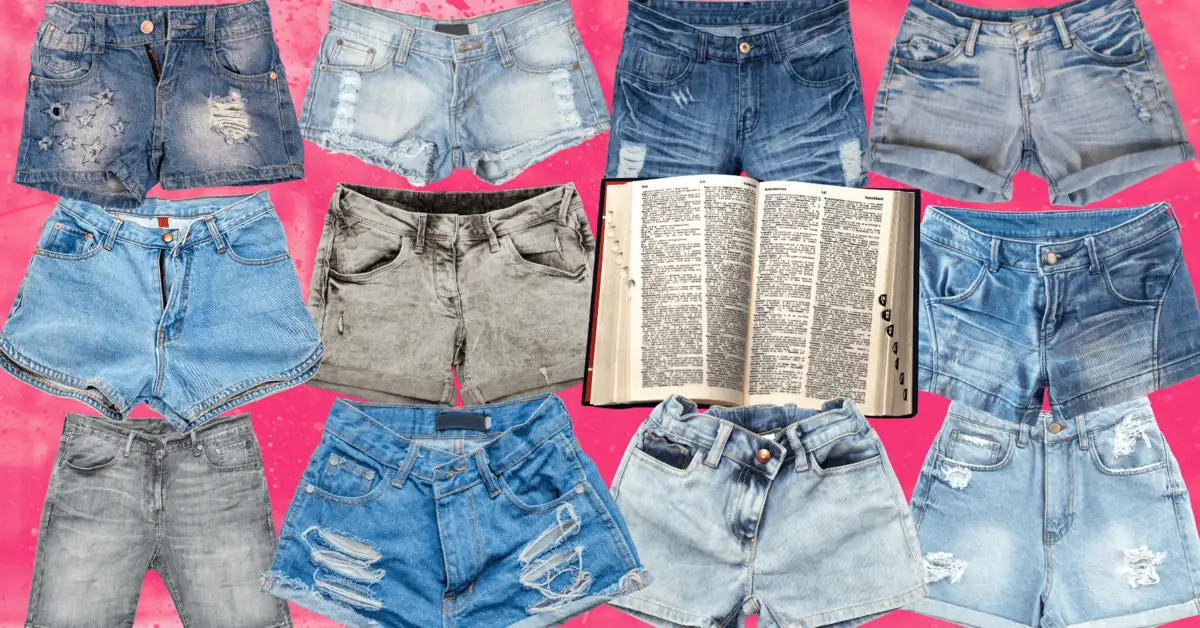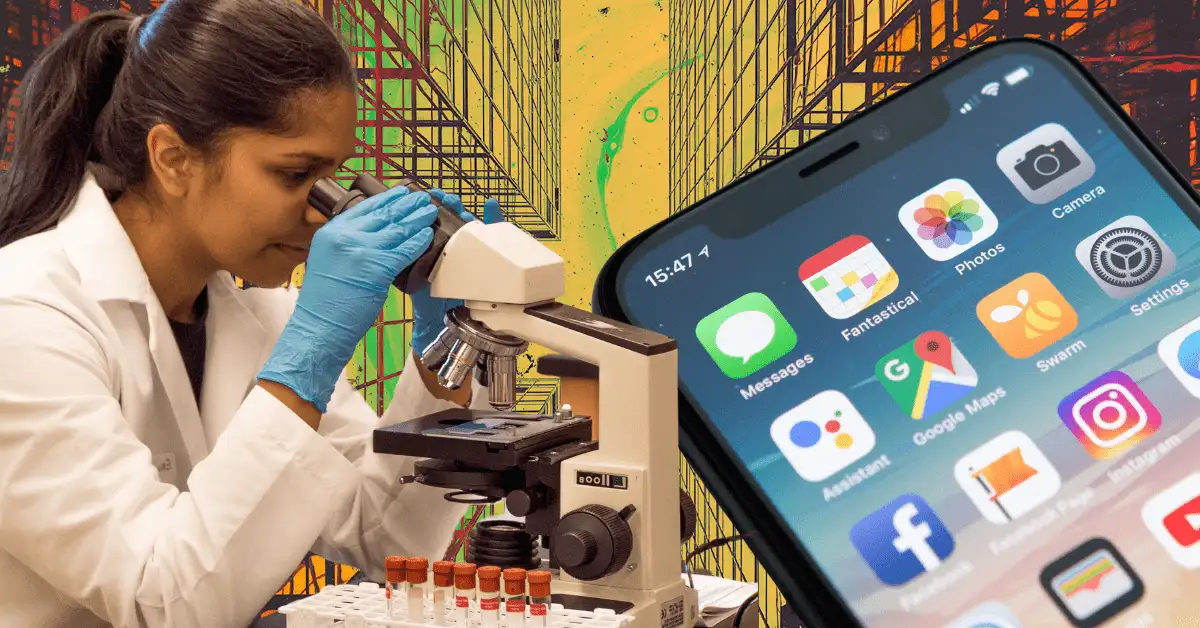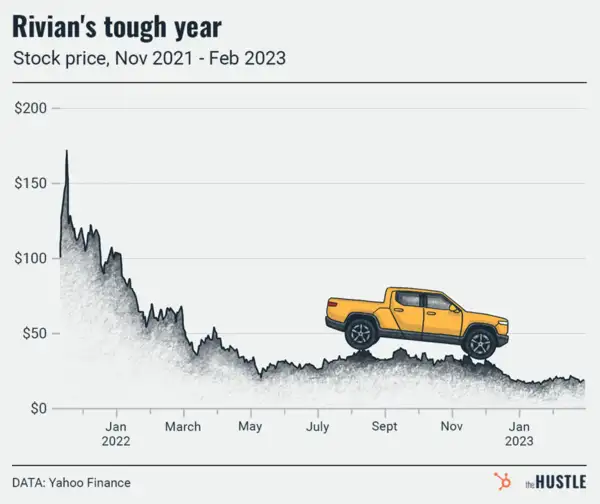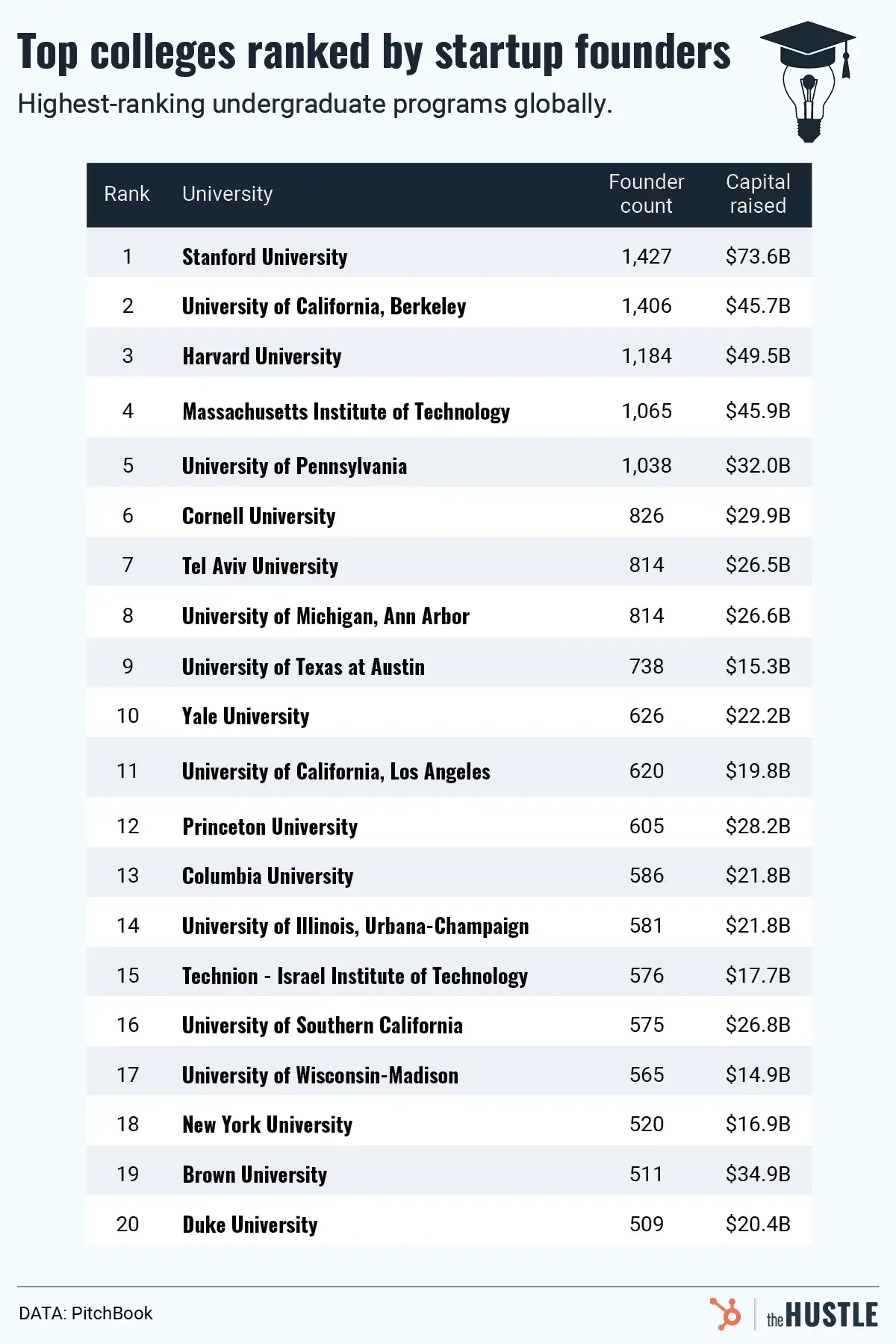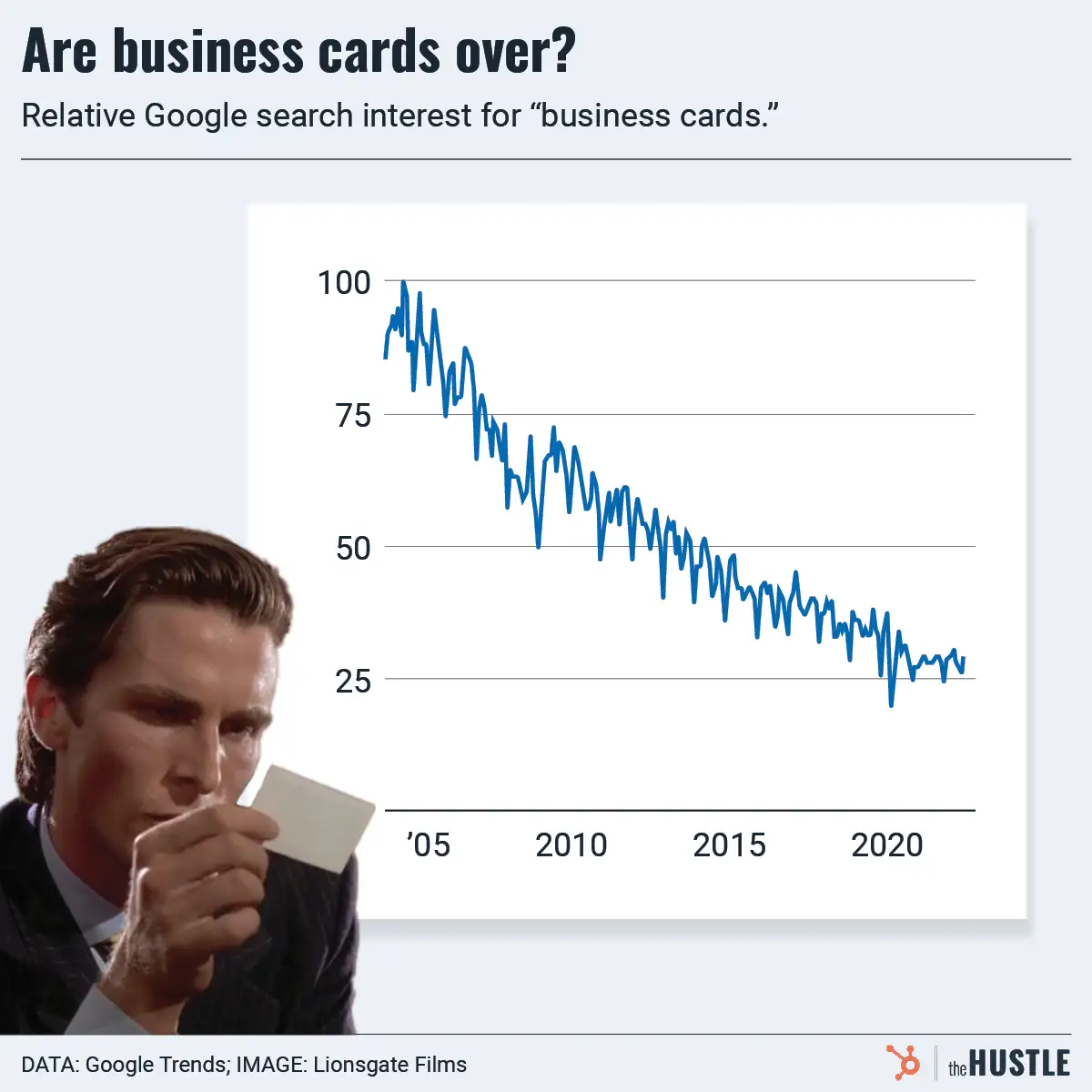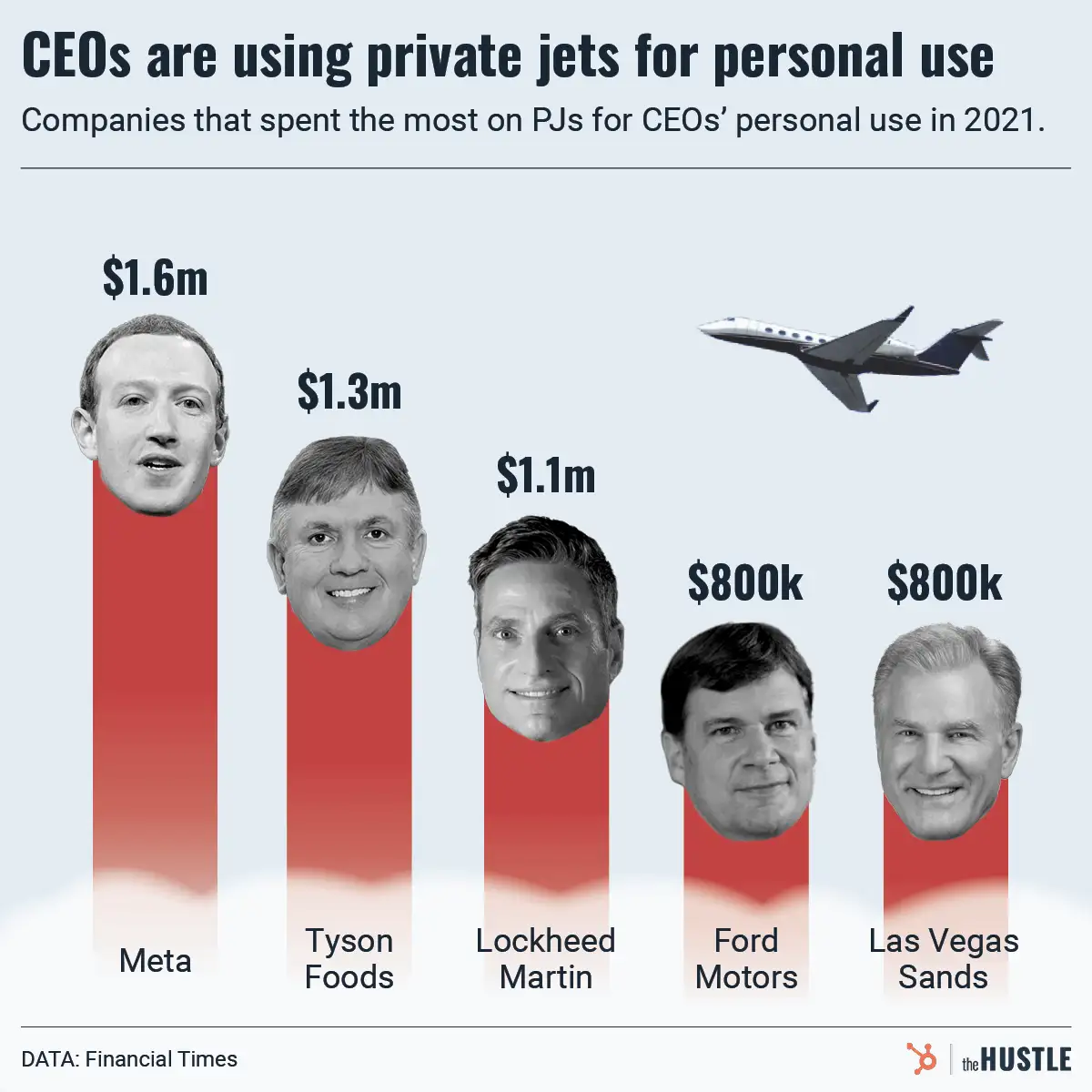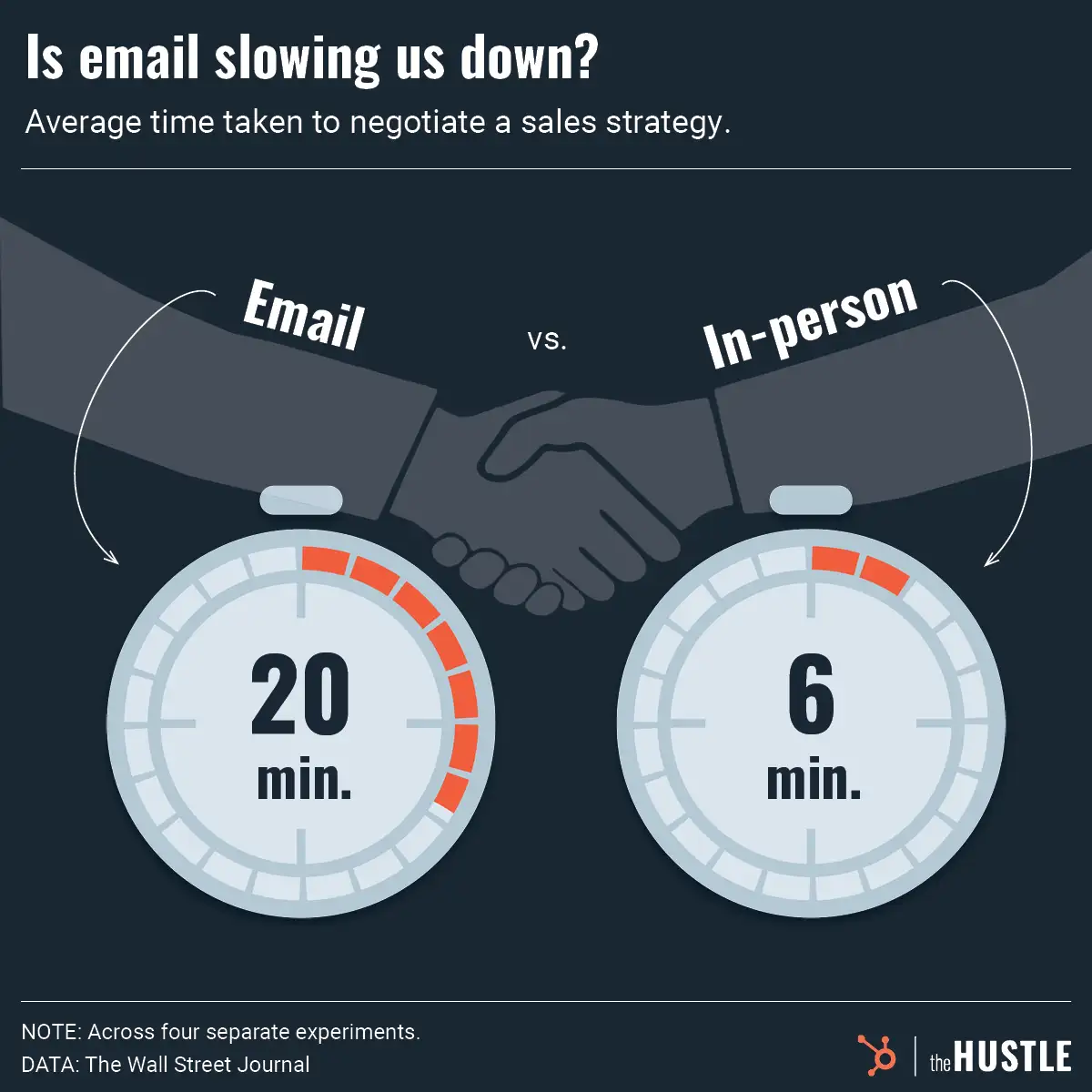Genies is the world’s leading avatar company.

For the past year, the LA-based startup has spun up avatars for thousands of athletes (Russell Westbrook, Victor Oladipo) and celebrities (J-Lo, Offset, Rihanna and Justin Bieber).
Everyday users can now get in on the action, with Genies 3D avatars and a digital goods platform launched via a new SDK.
The company’s first partners are:
- GIPHY, which will allow users to access their avatars in GIFs
- Gucci, which will let users dress in — you guessed it — digital Gucci gear
Akash Nigam — the co-founder and CEO of Genies — had his first startup in college.
He launched a messaging app, Blend, while a junior at the University of Michigan and soon dropped out to pursue the entrepreneurial life.
We chat with Nigam to find out more about his vision for Genies and the future of digital identities.
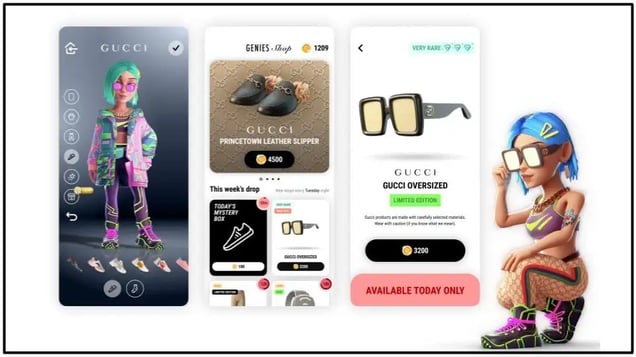
***
What excites you the most about the new Genies SDK partnerships?
Genies has been delivering avatars exclusively to celebrities for the past year. I’m excited about taking wins and lessons from that experience to a big consumer audience (e.g., GIPHY’s 1B users).
Not only can consumers make Genies avatars now, but we’re also upgrading from 2D to 3D avatars.
What is notable about the upgrade to 3D avatars?
I think the term “avatar” is used too loosely. Since our founding, what an avatar can be has really changed.
The best way to think about it is on a continuum.
- On one end you basically have sticker packs, which are 2D animations with basic function.
- On the other end, you have what Genies is making — dynamic 3D avatars that are essentially virtual beings.
Avatars are the next medium of expression and 3D allows you to effectively operate and command virtual beings.
This also applies to digital goods. Gucci is leveraging Genies to create 3D digital goods that you can turn around and view from all angles, which makes the item more valuable as compared to 2D.
Speaking of digital goods, how big is the opportunity?
I’m very bullish on digital goods. Take Fortnite: last year, it sold $1B in avatar skins.
One of our investors is an early member of Riot Games and led monetization for League of Legends which grew to a $4B business, much of it coming from digital goods.
Moving forward, we plan on building a secondary market for these types of digital goods which will allow users to sell digital goods to one another. That way, goods will even accrue value over time due to scarcity.
Can consumers take their Genies avatars across platforms?
Yes. Genies wants to secure as many SDK partnerships as possible and no platform will be isolated. Our vision is to create a virtual portable identity. It’ll be its own unique layer of the digital realm.
So, like a passport in the future Metaverse?
To me, the Metaverse doesn’t have to be a virtual world. The Metaverse is where individuals are fully consumed by the digital realm.
It already exists and just happens to be the mobile world right now. We’re all hooked to our phones.
We want users to become obsessed with Genies where they spend their digital time now — on smartphones.
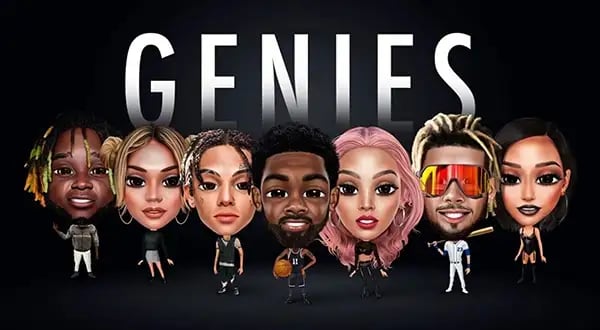
How will Genies function on the next computing platforms (AR/VR)?
When AR / VR becomes normalized and you get more of what we traditionally think of the virtual world Metaverse, we are hopeful that Genies’ 3D avatars will already be popular enough that we’ll just need to custom rig for that specific environment.
What are some lessons Genies learned from building avatars for celebrities?
Avatars helped give power back to the celebrities in the sense that real-life images of themselves are often distorted by the public. [e.g, model Emily Ratjowski recently wrote on her painful efforts to “own her own image”].
The distortion is a form of cyberbullying.
I believe avatars let you get closer to who you are inside. Often, the celebrity avatars don’t look exactly like them but it’s not supposed to. It should look like the way they want to express themselves.
To be honest, Genies never intended to be a celebrity tastemaker. We never did a lot of outbound but the proof is in the pudding. Celebrities reached out to us because they clearly found appeal in expressing themselves via avatar.
We ended up with celebrities and athletes as investors and they’ve brought a perspective to avatars we’d otherwise not have.
How do you view Facebook’s Avatar or Snap’s Bitmoji?
Before, I mentioned the continuum of avatars. I think both Facebook and Snap are much closer to the 2D sticker pack realm of avatars as compared to Genies’ 3D dynamic avatars.
Who are your business inspirations?
This is probably cliche, but we do talk to Gen-Z kids a lot for real-time feedback on our avatars.
If you’re talking more public figures, I’d have to say:
- Alex Smith, QB of The Washington Football Team: Everything he’s gone through in his whole career, it’s been so inspirational. [In 2018, Smith suffered a gruesome leg injury that required 17 surgeries and nearly cost him his life. Just a few weeks ago, he returned to the field.]
- Evan Spiegel, CEO for Snap: Everything he’s done is impressive. He’s always product-first and I appreciate that he’s stayed consistent with that thought – it shows in their acquisitions. And — of course — Snap made avatars a cool thing and mainstream with Bitmoji.
What’s the best advice you’ve ever gotten?
Our very first investor told me, “Make as many mistakes as possible and don’t repeat them.”
Do you have a request for a startup?
Someone needs to come up with a minimum-viable product (MVP) for a dreams app. Every human has a dream every night. It’s the most conversational topic but there hasn’t been a good way to capture them and start conversations around them.
If there was an app or platform that just prompted you to record your memories of a dream or create cool images from what you remember, I’d love that.
Could you imagine capturing 2% of the $100T dream market?
[Laughs] Yep, someone needs to be CEO of Dreams Inc.

